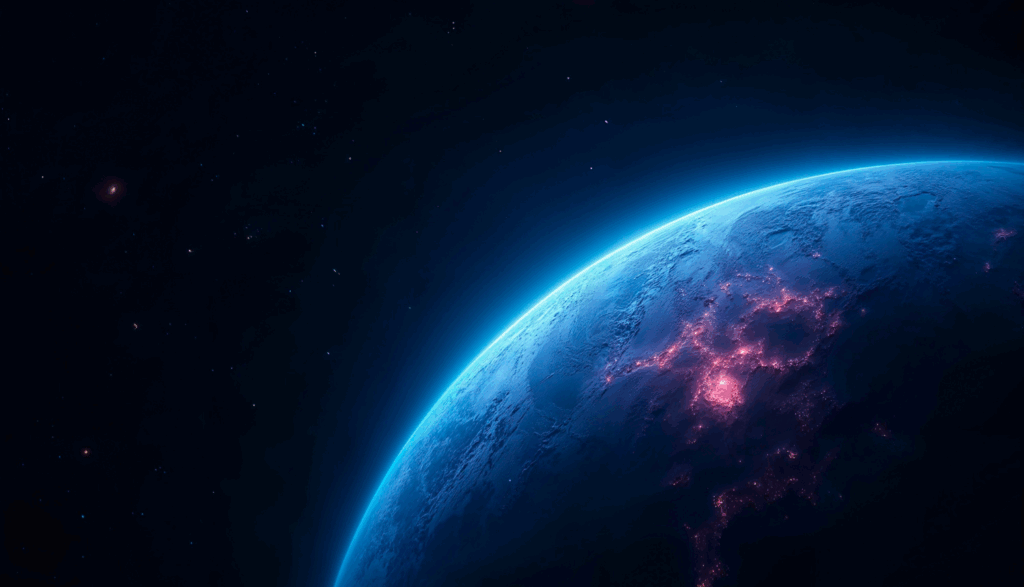Astrology has fascinated humans for thousands of years. Its central idea—that the positions and movements of celestial bodies influence human affairs—remains popular across cultures. Horoscopes, birth charts, and zodiac signs are often used to interpret personality traits, predict life events, and guide decision-making. However, when viewed through the lens of modern science, particularly physics, these claims warrant closer examination—especially when they involve the gravitational influence of planets.
Gravity is one of the four fundamental forces of nature, and it governs the motion of celestial bodies throughout the universe. It’s what keeps planets in orbit around the Sun and causes tides on Earth due to the Moon’s pull. But the strength of gravity is not uniform; it decreases rapidly with distance and is directly proportional to the mass of the object.
Jupiter, for instance, is the largest planet in our solar system and has a strong gravitational field. However, due to its vast distance from Earth—over 600 million kilometers at times—its gravitational pull on an individual human is negligible. In fact, the gravitational effect of a nearby car or building is far greater than that of any planet (aside from the Earth and the Moon).
The Moon is the only celestial body whose gravitational influence is noticeably felt on Earth, primarily through tides. Even then, while some studies have speculated on connections between lunar phases and human behavior, such as sleep patterns or emotional states, the evidence remains inconsistent and unconvincing in the scientific community.

When it comes to planets like Mars, Venus, or Saturn, their gravitational effects on humans are minuscule—far below the threshold needed to affect brain chemistry, cell function, or psychological development. Scientifically, there’s no mechanism by which the positions of these planets could influence personality traits or life outcomes at the moment of birth or at any other time.
Related: Astrology and Universal Laws: What Cosmic Principles Teach Us About Life
Despite this, astrology continues to offer comfort, entertainment, and a sense of meaning for many people. Its appeal lies more in psychological resonance than in measurable physics. The narratives astrology creates often help people reflect on their lives, cope with uncertainty, or feel connected to something larger than themselves.
In summary, while the gravitational pull of planets is real and central to the mechanics of our solar system, it does not support the claims made by astrology. Scientific evidence consistently shows that these gravitational forces are far too weak to affect individual human lives in the ways astrological traditions suggest. Astrology may remain a meaningful cultural and spiritual practice, but its foundations lie more in symbolism than in science.





















